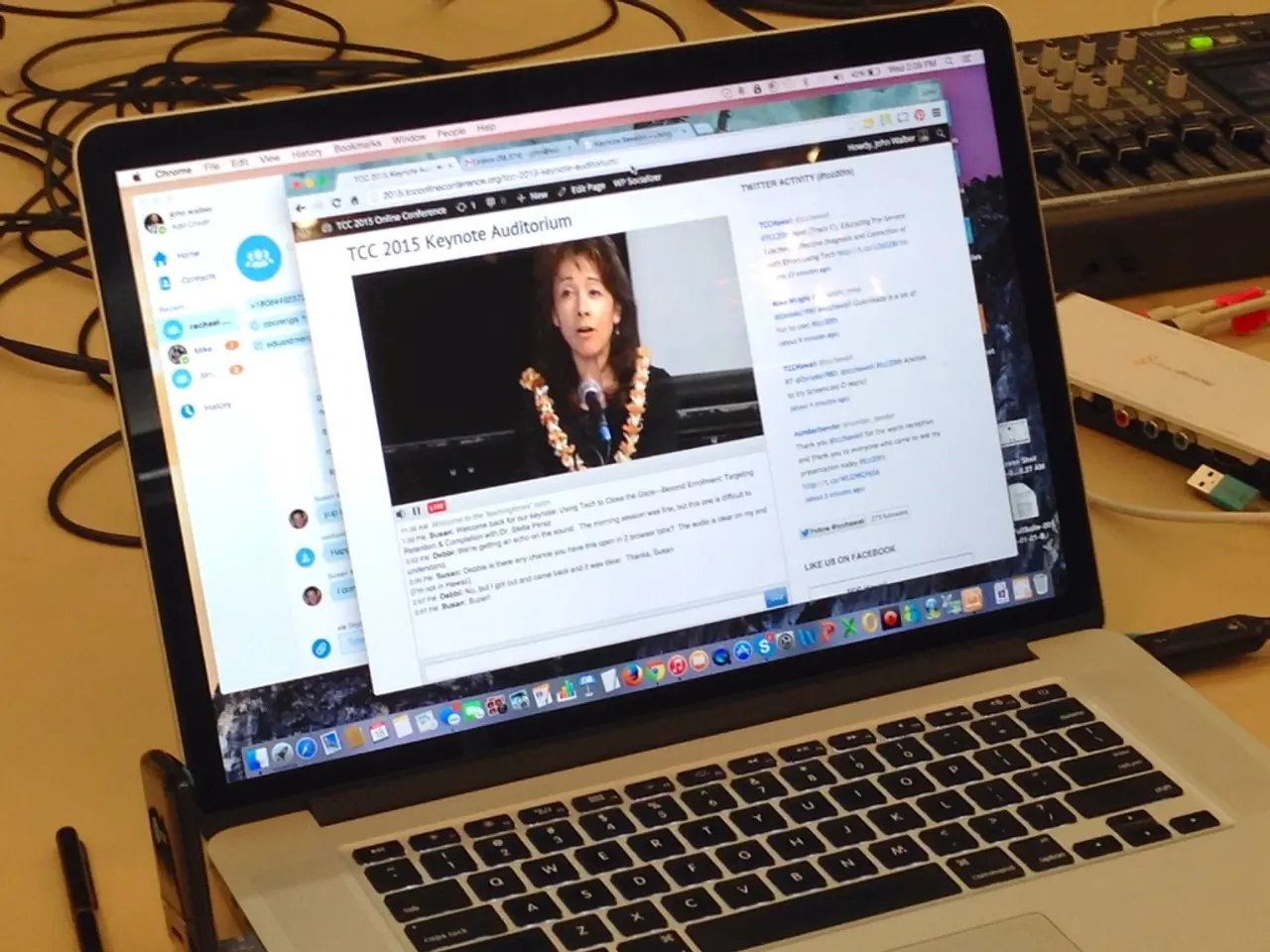Day Two: Maintain a Daily Record of Activities. Later, Choose an Activity to Eliminate or Assign to Someone Else
In the whirlwind of modern life, managing calendars and tasks can often feel like an uphill battle. However, ancient philosophers like Seneca and Marcus Aurelius, and contemporary figures such as Matthew McConaughey, have provided timeless wisdom that can help us navigate this chaos.
One such wisdom is the use of an activity log. An activity log is a systematic record of actions, events, or tasks performed over a period of time. It typically involves tracking what tasks were done, when, and sometimes how long they took.
This tool, once considered the domain of nutritionists, has found a new lease of life in the realm of productivity. By recording tasks completed and time spent, an activity log highlights how effectively time is used, allowing us to identify and reduce time wasted or unproductive activities.
Improving productivity and focus is just one of the benefits of an activity log. It also helps prioritize tasks, complementing tools like productivity planners by making it easier to break down large goals into manageable steps and focus on what truly matters rather than just urgent tasks.
When combined with task and calendar tools, an activity log helps convert vague to-do items into concrete, scheduled appointments, preventing overwhelm and decision paralysis. It also enables automation and efficiency, with AI productivity assistants using activity logs to automate routine tasks, freeing time for higher-value work.
For managers, activity logs provide data on how time is spent within a team, enabling better resource allocation and identification of inefficiencies without micromanagement.
In essence, an activity log transforms disorganized task lists and chaotic calendars into structured, trackable workflows. It enables better prioritization, focus, and time management, helping individuals and teams stay on top of responsibilities and reduce stress from endless tasks.
The goal is not just to do less, but to free oneself to focus on what truly matters, making room for deeper focus, greater impact, and real progress. As Seneca observed, people are like ants without aim or purpose, a metaphor he used to describe a state he called "busy idleness."
To assert control over this chaos, the challenge is to keep an activity log and delete or delegate one task. Marcus Aurelius' advice was to do less but do it better, focusing on essential tasks, and eliminating unnecessary ones for more time and tranquility.
Matthew McConaughey's quote about focusing on three essential things instead of five to make A's instead of B's has gained millions of views in a famous clip. With the information from the activity log, unnecessary tasks can be cut out, tasks can be delegated, and time-consuming tasks that don't serve a purpose can be avoided.
Reviewing the activity log at the end of the day can help identify tasks that drain energy, distract from important matters, or are unnecessary. Accountability from writing down everything consumed or done can help make conscious choices and avoid unconscious habits like midnight snacking or frittering away time.
In conclusion, the power of an activity log lies in its ability to bring clarity and control to a chaotic schedule. It is not a tool to judge, but to observe, providing a clear picture of how time is spent at the end of the day. So, whether you're a student, a professional, or a manager, consider adopting an activity log to transform your productivity and find tranquility in the midst of chaos.
An activity log, a tool that helps track tasks and time spent, can contribute significantly to personal growth and education-and-self-development by improving productivity, prioritizing tasks, and reducing time wasted. By eliminating unnecessary tasks, delegating others, and focusing on essential activities, individuals can achieve better focus and make room for deeper personal-growth and progress.
When used together with task and calendar tools, an activity log can be a key component in navigating the chaos of modern life, enabling better time management, resource allocation, and productivity. This transformation from disorganized calendars and task lists to structured, trackable workflows can lead to a more focused and tranquil life, as observed by ancient and contemporary wisdom figures such as Seneca, Marcus Aurelius, and Matthew McConaughey.




